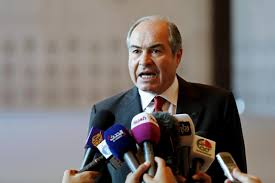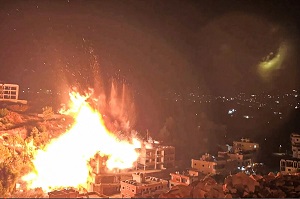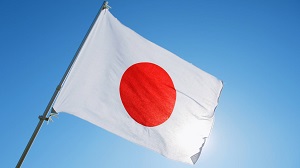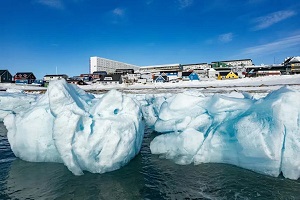Jordan’s King Abdullah expected to ask PM to resign, political sources say

Reuters
Jordan's King Abdullah was expected on Monday to ask Prime Minister Hani al-Malichi to resign in a bid to soothe widespread anger over economic policies that has sparked the largest protests in several years, political sources said.
The dismissal of Malichi was demanded in a series of protests against IMF-backed tax increases that have shaken the kingdom. The sources said King Abdullah had ordered Malichi for an audience in his palace later on Monday.
Malichi, a business-friendly politician, was appointed in May 2016 and given the responsibility of reviving a sluggish economy and business sentiment hit by regional turmoil.
Public anger over IMF-driven government policies has grown since a steep general sales tax hike earlier this year and the abolition of bread subsidies, a staple item for the poor.
The increases have caused Mulki's popularity to plummet.
Tens of thousands of Jordanians took to the street over the weekend in protest of government-led economic reforms.
The protests began Thursday night with the breaking of the Ramadan fast. Thousands of protesters took to the streets across the kingdom – In the Irbid and Jarash provinces, the cities of Amman, Aqaba, Salt, Al-Karak and the Jordan Rift area – demanding to cancel the raising of taxes and staple food, which they claim will increase poverty and distress.
Several hundreds of protesters demonstrated in front of the Prime Minister's Office in Amman. They blamed the government for deepening poverty and accused leaders of trying to close the budget deficit with draconian decisions at the expense of the working class. Despite the protesters' rage, it seemed in most cases that security forces are showing restraint, and that protesters themselves are trying to avoid physical confrontations with them.
On Friday, King Abdullah II intervened and ordered to delay the decisions to raise petrol prices. The royal palace is also communicating with the protest organizers in an attempt to calm the storm. At this stage, they are considering meeting more demands by the protesters, and it is possible the king will order the formation of a new government and elect a new parliament.
Jordan's economy has deteriorated in the last few years for several reasons, among which are the conduct of recent governments and the intake of over a million Syrian refugees. Despite the protests, opposition circles have not called to oust the government or king, who's is seen as a stabilizing factor and a keeper of the kingdom's institutions.
Meanwhile, the kingdom's stability is a supreme security concern from Israel's standpoint. At this point, officials in Jerusalem are closely following the demonstrations in Jordan as well as the regime's efforts to halt the protest.




